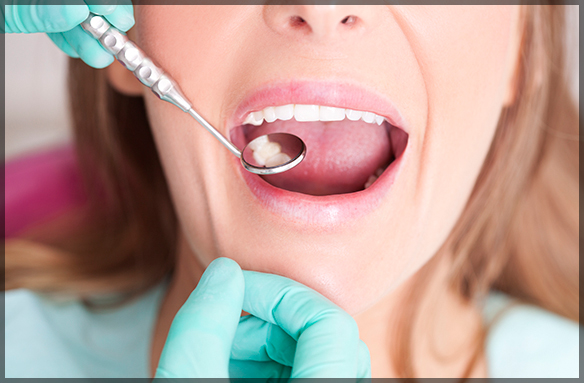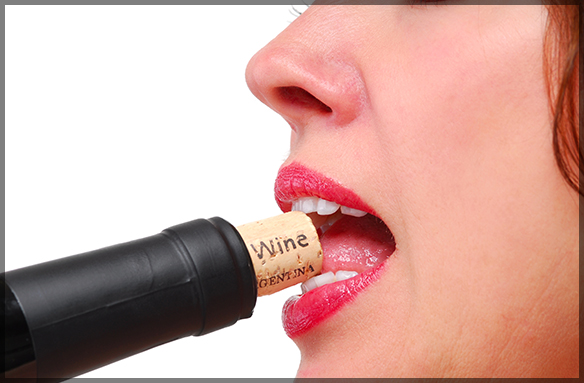
You brush your teeth, floss consistently, and see your dental practitioner twice a year for checkups and cleanings. Bravo! Prevention is always better than cure. However, there are several habits, you may follow unknowingly, which might affect your dental wellbeing. Here’s our rundown of five of the most noticeably awful dental care propensities.
Crunching, Sucking, and Sipping
You gulp down a super cold pop or frosted tea and then crunch, crunch, crunch the remaining ice. What’s the damage? Minute cracks on the surface of the teeth could occur, prompting greater dental issues later. Pulverized ice is less destructive than the bigger cubes. Carbonated drinks also cause problems. They contain acids which can harm the enamel surface and increase tooth sensitivity.
Using Teeth as Tools

Dental specialists report that patients make use of their teeth for various odd employments: to tear open a pack of chips, uncap a bottle, or rip a sticker price off an attire. This can be hard on your teeth as it could, damage them, make the edge debilitate, or even tear them.
Consider keeping basic genuine instruments, like scissors and pincers for these kind of tasks.
Grinding Your Teeth
Teeth grinding can be a result of various reasons, including stress and tension. If you have a habit of grinding your teeth, understand, it wears them out.In such cases, your dental specialist may recommend wearing a mouth guard to be worn at night. On the off chance that it is caused by the stress, consider an activity program or attend a counseling session. In other words, reduce stress.
You may likewise be asked to take a stab at curtailing food and beverages that contain caffeine; lessen or keep away from liquor consumption.
Use of Hard-Bristled Toothbrush
Few people have a misconception that the firmer the toothbrush, the better. This isn’t true, particularly for older adults. One should understand that with age, the gums push back and the roots of the teeth end up being exposed, increasing sensitivity. Hence, a softer brush would be more suitable. Hard bristles cause damage even to the young teeth: weaken them, make them more sensitive, and destroy the enamel. Moreover, change your tooth brush every three months.
Ask your dental practitioner or hygienist as to which toothbrush is the most suitable to keep up your dental wellbeing.
Not Brushing, Flossing, or Rinsing Properly
You should plan to brush twice a day, and make sure to change your manual toothbrush or electric toothbrush head every three or four months.
Flossing teeth should also be a part of your daily dental hygiene tasks. If you are not sure how to floss appropriately, approach your dental practitioner or hygienist for a demonstration to understand the technique.
Antiseptic rinses help dispose microbes that cause gum malady and awful breath;. fluoride rinses help anticipate tooth decay. Bad breath indicates accumulation of deposits which need immediate professional cleaning. Dental practitioners suggest rinsing once or twice a day.
Are you experiencing sensitivity to hot and/or cold items, or have persistent pain/discomfort in one or more of your teeth? Do you have a tooth that is cracked or damaged as a result of an injury or accident? Call Family Dental Care in Ottawa today at 613-736-5000 to schedule an assessment as soon as possible to determine the best course of treatment.

Leave a Reply